Remember when I did my first VO2 max test?
Chris Lundstrom, now the Team USA MN coach, saw the results from my first test and said, “Hmm, I don’t think you really maxed out, either.”
Results and commentary on that test are here.
This summer I had the opportunity to do two tests as part of a PhD student’s study. The first was sometime in July after that super duper hot 5k — when I had a headache for 6 days afterwards and my legs felt all wobbly. I was a 45 then. 20.5% body fat.
Fast forward to mid September. I hopped in the underwater tank and on the treadmill a third time. I asked the researcher to yell out the numbers as my pace and incline increased. I heard he yell out 45 early on. Oh, good, I thought. I’m at least higher than I was in July! Then 55. Then 60. Then mid-60s. I wondered if I was right at 64, my first test. I knew I had another minute or two left in me so started driving with all I had.
And you know what? I registered a 69.9.
A 69.9. Say… what?!?!!
That’s crazy.
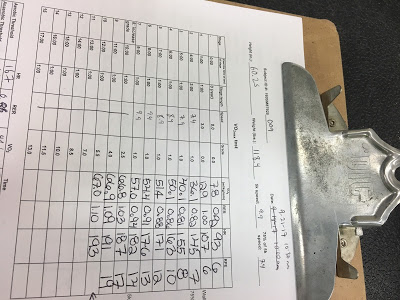 |
Apparently my original 64 is high enough to qualify for me for a Stanford study – the Elite project – which is studying athletes with top VO2 max readings to see if there are genetic mutations (that allow for those high VO2 readings) that could lead to new treatments for those in need. You need a VO2 of 63 to qualify as a woman. Men need a 72. So my 69.9 makes me someone who could qualify for the study – I have a genetic make-up that allows me to use much more oxygen than is normal during exercise (and therefore produce more ATP).
[Aside: how can I get in touch with the researcher? I think it would be awesome to be tested/a part of the study, but I’m sure it has closed by now]
[Second aside: Was my first test just low because I was running on tired legs and couldn’t quite max out? Or has pregnancy somehow increased my lung volume? Something with my heart, stroke volume, etc?]
The researchers looked at me a little differently when I stepped off the treadmill and when I turned to leave they wished me luck at TCM next Sunday. She said, “You’ll do great. And if you don’t do great, at least you know you have the capacity to do great in the future.” I’ve carried that with me.
Also, my body fat % was a little lower, at 18.5-19%. Nice to know; hopefully I can keep chipping away at that. But, that also means that mathematically, if I were a little leaner, my VO2 would definitely be in the low 70s.
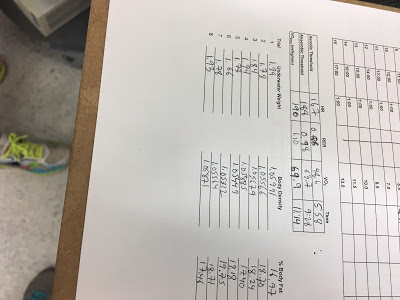 |
Cool!
Your turn: have you had your VO2 tested? Lactate? Body fat %?

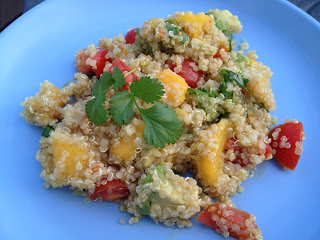
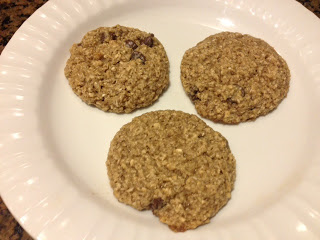
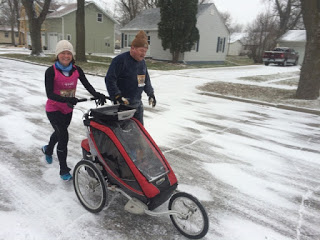
I had my VO2max tested by David Costill, back when you had to go to Ball State U, because he was the only one doing it. They changed the protocol because of me: I face-planted on the treadmill, ripping out all the electrodes! I think I scored a 54.
HA! Wow… how did they change the protocol?
FYI…contact info for the Stanford study:
http://med.stanford.edu/elite/contact.html
Oh my goodness… thank you!! I sent them an email. Not sure if the study is still open or if they'd be willing to have me as a subject, but think it's at least worth a try!
How cool!
I had mine tested once in a lab for a study about 6 years ago and apparently it was much higher (55) than my current race times indicated. (So much that they re-checked all the equipment!) I've dropped all my PRs by quite a good bit since then and am also several percentage points leaner, so I'd be so curious to do the test again and see if my VO2 max is higher now, or if it's about the same and I've just finally put in the work to bring my race times in line with what it was before!
I'd be interested to see what your #s are now too – and perhaps your lactate threshold is a higher % of your VO2 now too? Were you a new-er runner when you were first tested?